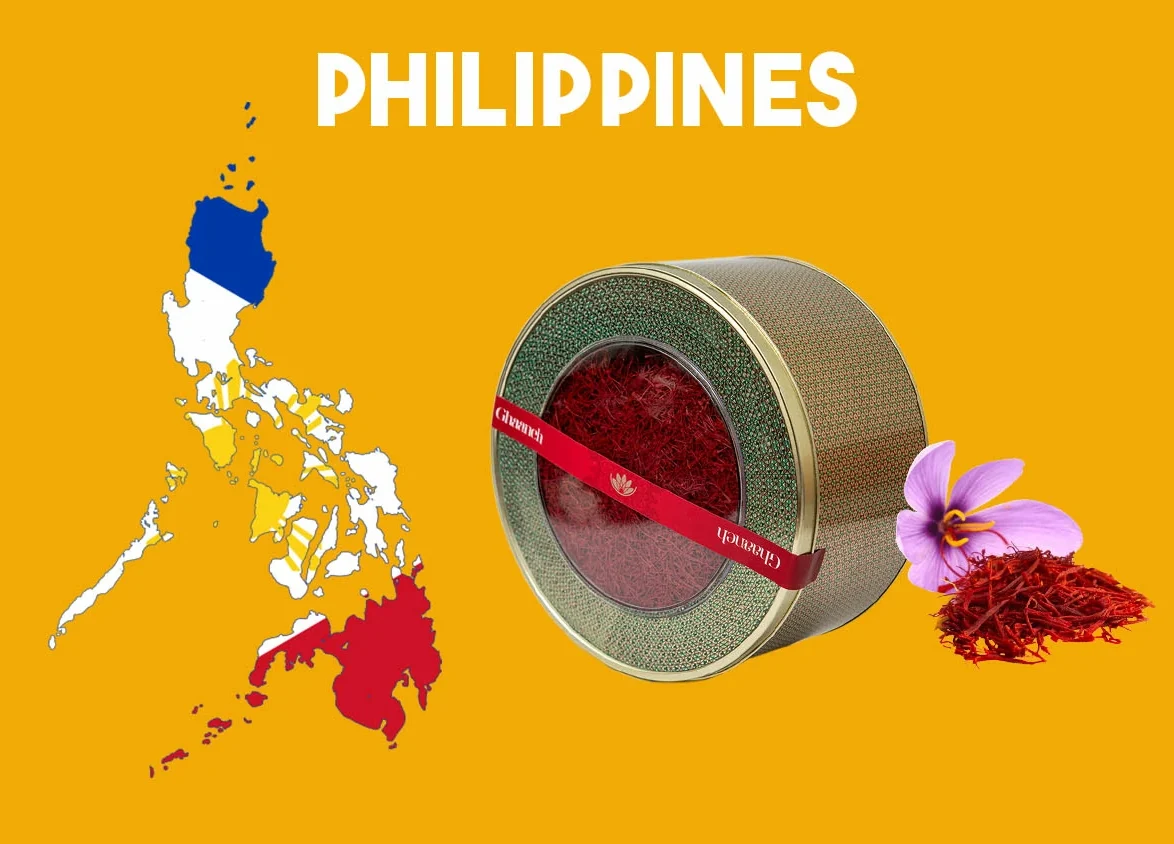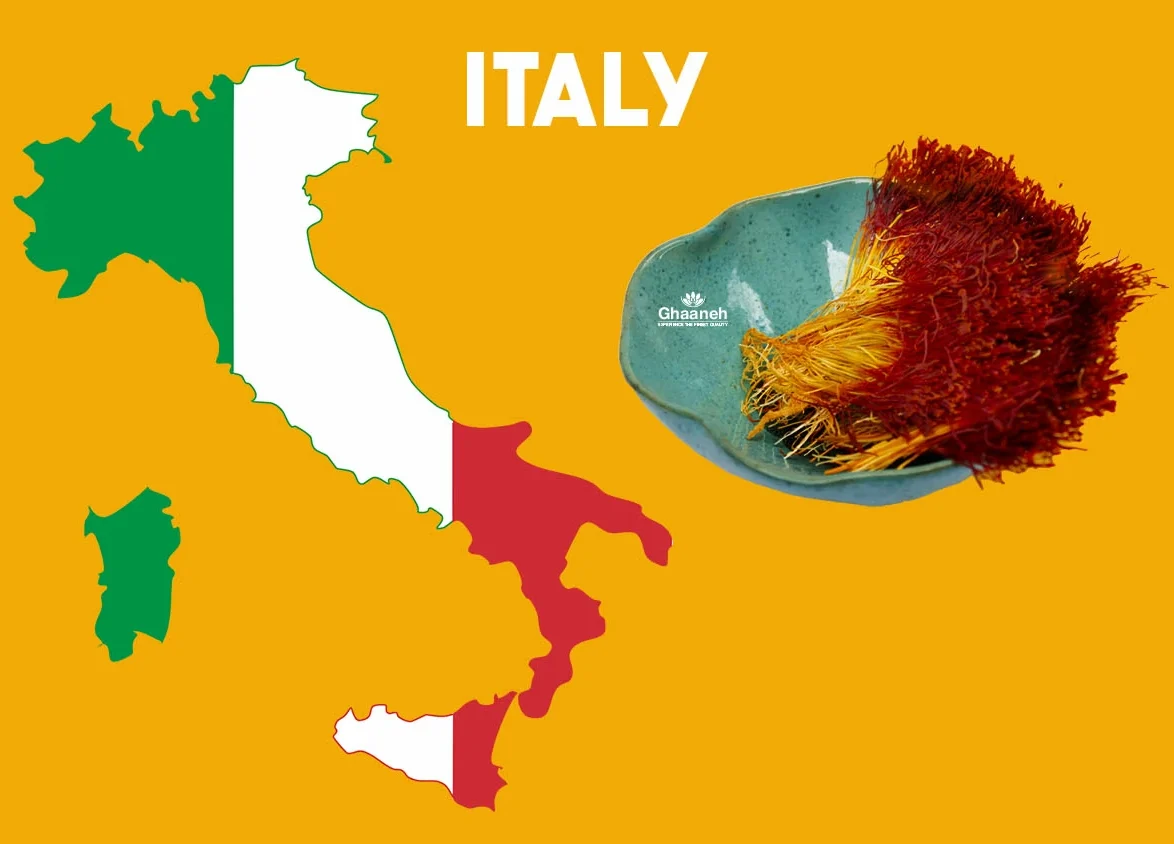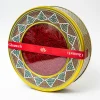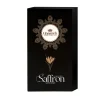Saffron, also known as Crocus sativus, is a spice derived from the flower of the saffron crocus. It has been used for centuries in traditional medicine for its medicinal properties and is known for its distinct flavor and vibrant color. In recent years, saffron has gained attention for its potential beneficial effects on cardiovascular health, including its ability to lower blood pressure. This article will provide a comprehensive review of the current research on saffron and its potential role in managing blood pressure.
Understanding Blood Pressure:
To comprehend the potential impact of saffron on blood pressure, a foundational understanding of this vital physiological parameter is essential. We delve into the mechanisms of blood pressure regulation, the significance of optimal levels, and the potential health implications associated with imbalances.
The Rich History of Saffron:
Saffron’s journey through time is a tale woven into the fabric of ancient cultures and civilizations. From its origins in the Middle East to its esteemed place in Greek and Roman traditions, we explore the historical significance of saffron and its evolution as a symbol of wealth, luxury, and healing.
Nutritional Profile of Saffron:
Beyond its cultural and historical significance, saffron boasts a complex nutritional profile that goes beyond its distinctive color and flavor. This section scrutinizes the bioactive compounds within saffron, such as crocin, safranal, and picrocrocin, shedding light on their potential contributions to health.
Saffron and Cardiovascular Health:
The heart, a symbol of life and vitality, takes center stage as we investigate saffron’s potential impact on cardiovascular health. Scientific studies exploring saffron’s effects on blood pressure, cholesterol levels, and overall heart function are dissected, providing a nuanced perspective on its potential benefits.
Mechanisms of Action:
How does saffron exert its potential benefits on blood pressure? This section delves into the intricate molecular and physiological mechanisms, from anti-inflammatory properties to antioxidant effects, unraveling the scientific basis behind saffron’s potential cardiovascular impact.
Clinical Studies and Research Findings:
The pulse of scientific inquiry beats through the exploration of clinical studies dedicated to unraveling saffron’s effects on blood pressure. We critically assess methodologies, outcomes, and the overall quality of evidence, providing a comprehensive overview of the current state of scientific knowledge.
Comparative Analysis with Conventional Medications:
In a world dominated by pharmaceutical interventions, we weigh saffron’s potential against conventional medications for blood pressure management. This comparative analysis explores the efficacy, safety, and potential synergies between saffron and established treatment modalities.
Saffron Dosage and Preparation:
Practical considerations come to the fore as we provide guidance on the appropriate dosage of saffron for potential blood pressure benefits. From traditional culinary uses to modern supplements, we explore various forms of consumption, emphasizing responsible and informed use.
Potential Risks and Side Effects:
No elixir is without its caveats. We navigate through potential risks and side effects associated with saffron consumption, from mild allergic reactions to considerations for specific populations with per-existing health conditions.
Saffron Supplements vs. Natural Saffron:
The choice between natural saffron and supplements is a dilemma faced by many. We address this by considering factors such as bioavailability, purity, and practicality, offering insights into the advantages and limitations of each approach.
Saffron in Culinary Delights:
Saffron’s journey from spice to medicine takes a delightful turn as we explore creative culinary uses. From paellas to desserts, we provide recipes and inspiration to make saffron not only a potential health ally but a flavorful addition to everyday meals.
Global Perspectives on Saffron Use:
Saffron’s versatility transcends cultural boundaries. This section explores how different cultures integrate saffron into their cuisines and healing practices, highlighting the diverse applications of this precious spice.
Future Research Directions:
As we stand at the intersection of tradition and scientific inquiry, we identify gaps in current knowledge and propose future research directions. The call for continued exploration underscores the dynamic nature of the quest to unlock saffron’s full potential.
Cardiovascular Disease and Blood Pressure
Cardiovascular disease, including coronary artery disease, is a leading cause of morbidity and mortality worldwide. High blood pressure, or hypertension, is a major risk factor for cardiovascular disease and is associated with an increased risk of heart attack, stroke, and other complications. Managing blood pressure is an important aspect of preventing and treating cardiovascular disease.
Saffron’s Medicinal Properties
Saffron contains several bio-active compounds that contribute to its medicinal properties. These include crocin, crocetin, safranal, and picrocrocin, which have been studied for their antioxidant property. Antioxidants help protect the body from oxidative stress and inflammation, which are implicated in the development of cardiovascular disease.
Animal Studies on Saffron and Blood Pressure
several animal studies have investigated t he effects of saffron on blood pressure. In one study published in the Journal of Cardiovascular Pharmacology, researchers found that saffron extract significantly reduced blood pressure in hypertensive rats. The study suggested that saffron may exert its antihypertensive effects by improving endothelial function and reducing oxidative stress.
Clinical Studies on Saffron and Blood Pressure
While animal studies provide valuable insights into the potential mechanisms of action of saffron on blood pressure, clinical studies are needed to confirm these findings in humans. A number of clinical studies have been conducted to evaluate the effects of saffron supplementation on blood pressure.
In a randomized controlled trial published in the journal Phytotherapy Research, researchers investigated the effects of saffron supplementation on blood pressure in patients with hypertension. The study found that saffron significantly reduced both systolic and diastolic blood pressure compared to placebo.
Another clinical trial published in the International Journal of Cardiology examined the effects of saffron extract on arterial stiffness in patients with coronary artery disease. Arterial stiffness is a marker of cardiovascular risk and is closely related to high blood pressure. The study found that saffron extract improved arterial stiffness compared to placebo.
Allergic Reactions to Saffron
While saffron shows promise as a natural remedy for high blood pressure, it’s important to note that some individuals may experience allergic reactions to saffron. Common symptoms of a saffron allergy include itching, hives, swelling, difficulty breathing, or anaphylaxis. If you suspect you may be allergic to saffron or any other spice or herb, it’s important to consult with your healthcare provider before using it as a supplement.
Potential Mechanisms of Action
The exact mechanisms by which saffron exerts its anti hypertensive effects are not fully understood but may involve multiple pathways related to vascular function and inflammation. Some research suggests that crocetin may modulate calcium channels in vascular smooth muscle cells leading to vasodilation while others propose that it may inhibit angiotensin-converting enzyme (ACE), an enzyme involved in regulating blood pressure.
Clinical Studies
Clinical trials have also shown promising results, with saffron supplementation leading to significant reductions in both systolic and diastolic blood pressure in patients with hypertension. Additionally, saffron extract has been found to improve arterial stiffness in patients with coronary artery disease, further supporting its potential role in managing high blood pressure and reducing cardiovascular risk.
However, it’s important to note that while saffron shows promise as a natural remedy for high blood pressure, some individuals may experience allergic reactions to saffron. Common symptoms of a saffron allergy include itching, hives, swelling, difficulty breathing, or anaphylaxis. Therefore, it’s crucial to consult with a healthcare provider before using saffron as a supplement if you suspect you may be allergic to it or any other spice or herb.
The exact mechanisms by which saffron exerts its antihypertensive effects are not fully understood but may involve multiple pathways related to vascular function and inflammation. Some research suggests that crocetin may modulate calcium channels in vascular smooth muscle cells leading to vasodilation while others propose that it may inhibit angiotensin-converting enzyme (ACE), an enzyme involved in regulating blood pressure.
The Science Behind Saffron and Blood Pressure:
- Rich in Antioxidants: Saffron is loaded with compounds like crocin, crocetin, and safranal, which exhibit powerful antioxidant properties. These antioxidants neutralize free radicals in the body, reducing oxidative stress and potentially contributing to blood pressure management.
- Vasodilation Effects: Studies suggest that saffron may promote vasodilation, a process that widens the blood vessels. This, in turn, can lead to improved blood flow and reduced pressure on the arterial walls.
- Anti-Inflammatory Properties: Chronic inflammation is often associated with high blood pressure. Saffron’s anti-inflammatory effects may help mitigate this inflammatory response, contributing to a healthier cardiovascular system.
- Nitric Oxide Production: Saffron has been linked to increased nitric oxide production. Nitric oxide is a vasodilator, relaxing blood vessels and enhancing blood circulation. This effect can positively impact blood pressure levels.
- Managing Stress: Chronic stress is a significant contributor to hypertension. Saffron’s potential to modulate stress hormones may indirectly influence blood pressure, promoting a more relaxed state.
Incorporating Saffron into Your Routine:
Now that we’ve explored the science, let’s discuss practical ways to integrate saffron into your daily life for potential blood pressure benefits.
- Saffron Infusion: Brew saffron strands in hot water to create a fragrant saffron infusion. This can be enjoyed as a calming tea, potentially offering both relaxation and health benefits.
- Culinary Delights: Enhance your culinary creations with saffron. Whether it’s a savory rice dish, a warm soup, or a sweet dessert, saffron adds a unique flavor and a touch of potential health benefits.
- Supplements: Saffron supplements, available in various forms such as capsules or extracts, offer a convenient way to incorporate saffron into your routine. However, it’s crucial to consult with a healthcare professional before adding any new supplement to your regimen.
- Saffron and Honey Elixir: Mix saffron with raw honey for a delightful and potentially beneficial elixir. Both saffron and honey have been linked to various health-promoting properties.
Caution and Considerations:
While saffron shows promise in blood pressure management, it’s essential to approach its use with caution and awareness.
- Dosage Matters: Moderation is key. Excessive saffron intake may lead to adverse effects. Stick to recommended dosages and consult with a healthcare professional if you’re unsure.
- Individual Variations: Responses to saffron can vary among individuals. Factors such as existing health conditions and medications may influence its effects.
- Consultation with Healthcare Professionals: Before making significant changes to your diet or incorporating supplements, it’s crucial to seek advice from healthcare professionals, especially if you have pre-existing health conditions or are on medication.
Conclusion:
In conclusion, there is growing evidence from both animal studies and clinical trials supporting the potential beneficial effects of saffron on blood pressure. Saffron’s antioxidant properties and its ability to improve endothelial function and reduce oxidative stress make it a promising natural remedy for managing high blood pressure and reducing cardiovascular risk. However, more research is needed to fully understand the mechanisms of action of saffron and its long-term effects on cardiovascular health. Nonetheless, incorporating saffron into a healthy diet as part of an overall approach to managing blood pressure may offer potential benefits for cardiovascular health.
FAQs:
Can saffron replace conventional blood pressure medications?
There is some evidence that saffron may help lower blood pressure, but it should not replace conventional medications without consulting a doctor.Delving into the complementary nature of saffron and the importance of healthcare professional guidance.
Are there specific populations that should avoid saffron for blood pressure?
Addressing potential contraindications and advising caution for certain individuals.Pregnant women and people with bipolar disorder should avoid saffron for blood pressure as it may have adverse effects.
What is the ideal dosage of saffron for blood pressure benefits?
Providing general guidelines on saffron dosage while emphasizing individual variations.The ideal dosage of saffron for blood pressure benefits is not yet established, but studies have used doses ranging from 30mg to 400mg per day
How long does it take to see results from saffron consumption?
It may take several weeks of consistent saffron consumption to see noticeable results in lowering blood pressure.Discussing the timeline for potential effects and the importance of consistency .
Are there any alternative natural approaches to managing blood pressure?
Alternative natural approaches to managing blood pressure include regular exercise, a healthy diet low in sodium and high in potassium, and stress-reducing activities like yoga or meditation.Briefly exploring complementary natural remedies and lifestyle changes.













Pingback: Simple Guide for Using Saffron!
Pingback: Saffron Nutrition, Dosage of Use & Side Effects
Pingback: Calm your Mind! Saffron For Anger Management
Pingback: Gamma-Aminobutyric acid (GABA): An Informative, Detailed Review